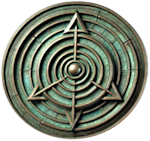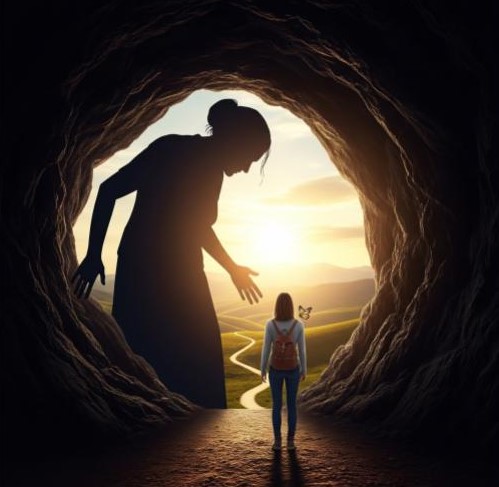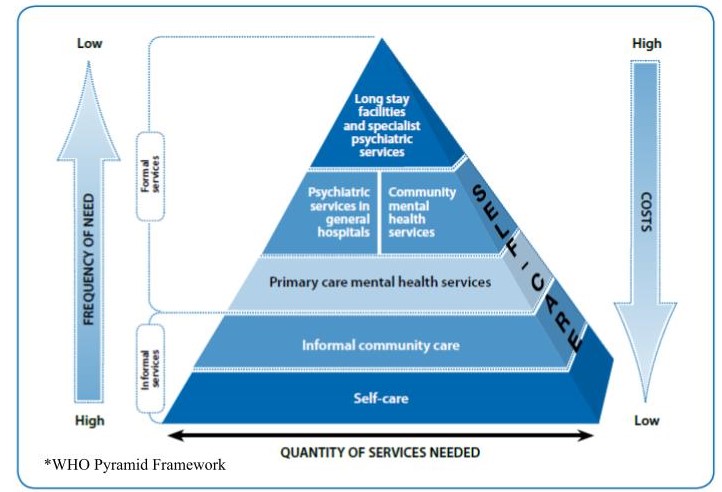Because when one person suffers, the whole community feels it.
Before I was even born, my family already knew what unspoken pain could do.
For years, one of its members suffered quietly, surrounded by silence, until one impulsive act made that pain visible to everyone.
That moment cast a veil over my family — something that could not be easily named or lifted.
For me, that relative was a distant figure, someone I never met but easily idealized. It’s always simpler to romanticize those who exist only in stories.
It took me years — through medical school and the study of psychiatry — to realize that what happened wasn’t an isolated tragedy. It was part of a larger pattern, one that some might call biology, but which also carries the weight of stigma, silence, and time that refuses to heal what is not spoken.
Between Psychiatry and Public Health
Near the end of my studies, I stood at a crossroads — between “pure” psychiatry and public health.
Hospitals, with their walls and routines, made me feel distant from everyday suffering; data tables and reports did the same in another way.
At meetings with policymakers and experts, national or international, I often felt that the person we were all talking about was not truly present in the room.
And at the same time, friends from my own circles whispered:
“Hey… don’t tell anyone, but I started taking antidepressants.”
It became clear how deeply private mental health still is — and how urgently it needs to be brought into shared awareness.
Why This Page Exists
This website is, in a way, a digital diary.
Too many times, I’ve caught myself scrolling through my Google Drive, stumbling upon something I once wrote and asking, “When did I write this? What was I trying to say?”
Through my work, I keep learning from people — patients, colleagues, friends — and this page is an attempt to give something back.
Whether I’ll succeed, time will tell.
Today, on World Mental Health Day — even though I’m not fond of anniversaries — I decided to add a touch of extroversion to my persona, and step out of the cave where I’ve been quietly working for a long time.
Maybe I’ve finally found my place in the world’s puzzle.
Maybe this is my turning point — to take on, in some small way, the role of the psychopomp:
a guide walking beside others as they cross from confusion to clarity, from pain to meaning.
A Final Thought
In chess, you can’t play all the moves alone.
You need someone sitting across from you — someone who responds, who plays back.
That’s what this space is meant to be.
A place of dialogue, reflection, and quiet companionship —
a shared board where healing becomes possible.


